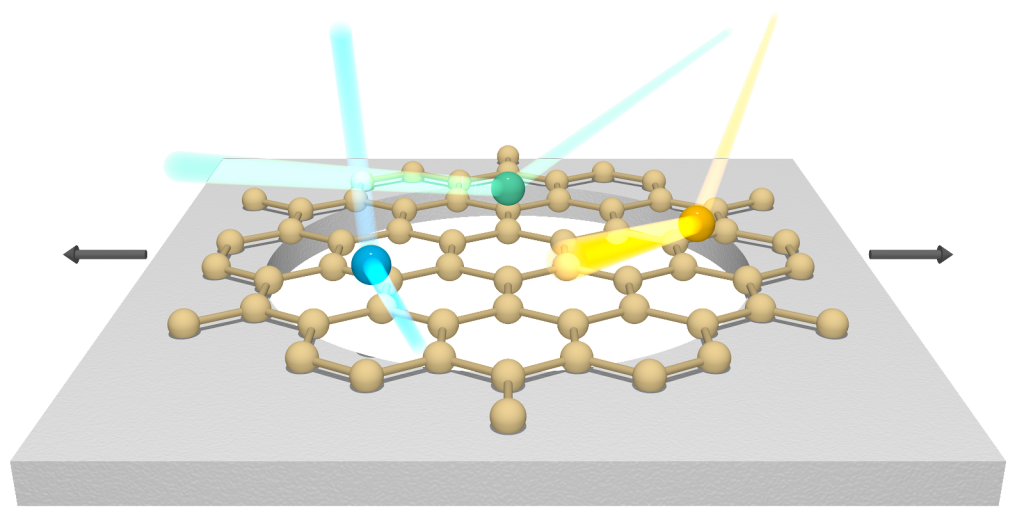
Professor and Head, Department of Physics and Astronomy; Professor, Min H. Kao Department of Electrical Engineering and Computer Science
Research focus: Quantum Theory and Simulations, e.g. AI, high performance computing, topology, algorithmic development, correlated systems, Quantum Information and Communications.
Website https://delmaestro.org/adrian
Follow on @agdelma (twitter)
Bio
Adrian received his Ph.D. in physics from Harvard University where his research focused on quantum phase transitions in superconductors. He performed postdoctoral research at the University of British Columbia, and the Institute for Quantum Matter; a joint research venture between Johns Hopkins and Princeton University. In 2011 he joined the faculty of the University of Vermont as an Assistant Professor of Physics and he was promoted to Associate Professor in 2017. From 2018-2020 he served as the director of the Vermont Advanced Computing Core, which provides high performance computing facilities to researchers throughout the state of Vermont. In 2020 he moved to the University of Tennessee, Knoxville as a Professor of Physics & Astronomy, with a joint appointment in the Min H. Kao Department of Electrical Engineering and Computer Science. He currently serves as Department head in the Department of Physics & Astronomy. His research involves the application of high performance computational tools to understand how collective and cooperative states of matter can be harnessed for future quantum technologies.
Research Description
We study how collective and cooperative states of matter emerge in quantum many-body systems. We employ the tools of theoretical physics to study phase transitions, dimensional crossover and entanglement in quantum fluids, ultra-cold bosonic gases, superconductors and topological states of matter. This includes using quantum field theory in tandem with the development of novel high-performance computational algorithms for the study of strongly interacting quantum matter. We specialize in low spatial dimensions, where strong fluctuations preclude any long range ordered phases, and instead a type of universal liquid description is appropriate. Ultimately, we hope to learn how to harness the unique correlations present in all quantum-mechanical phases for high-precision measurement, secure long-distance communication and non-classical computation.
Recent research
- Experimental realization of one dimensional helium – https://www.nature.com/articles/s41467-022-30752-3
- A Perspective on Collective Properties of Atoms on 2D Materials – https://onlinelibrary.wiley.com/doi/10.1002/aelm.202100607
- Compact unary coding for bosonic states as efficient as conventional binary encoding for fermionic states – https://journals.aps.org/prb/abstract/10.1103/PhysRevB.105.L121116
- Rényi Generalization of the Accessible Entanglement Entropy – https://journals.aps.org/prl/abstract/10.1103/PhysRevLett.121.150501
Research Image
